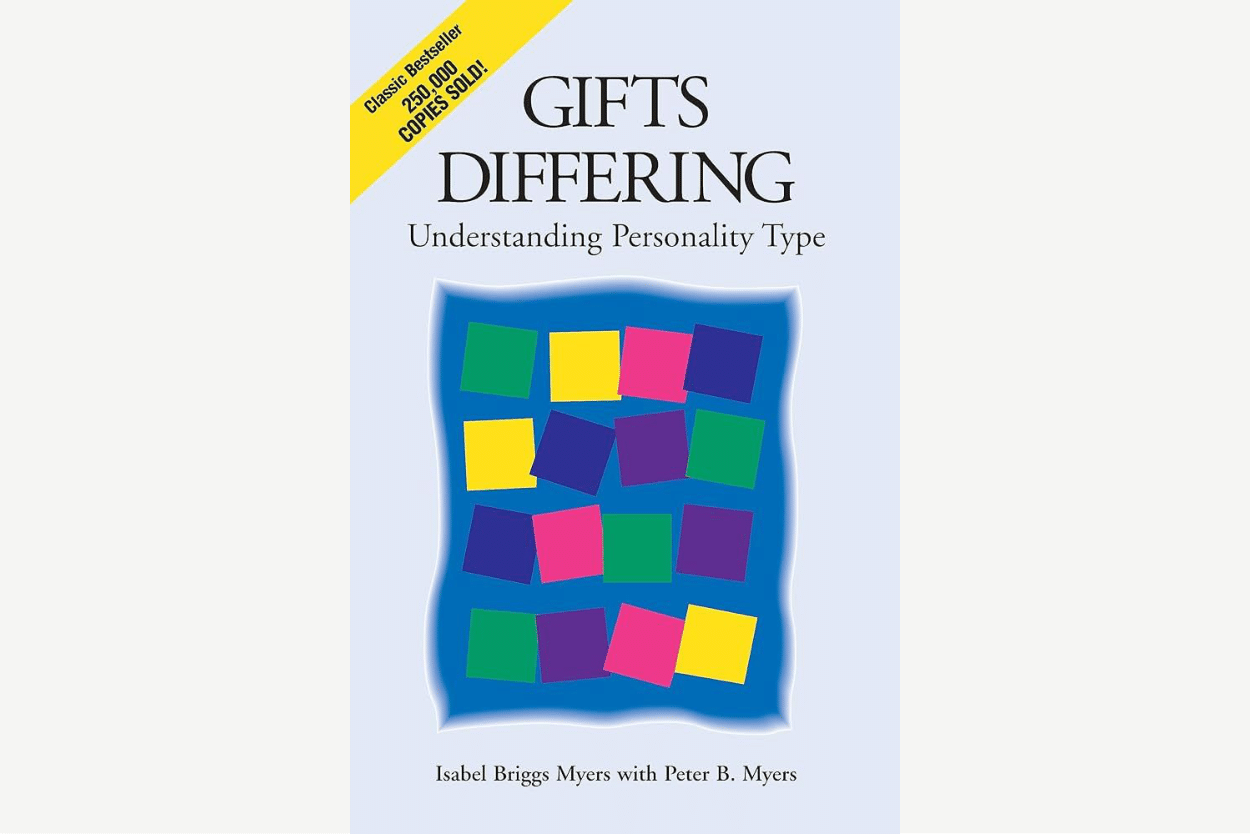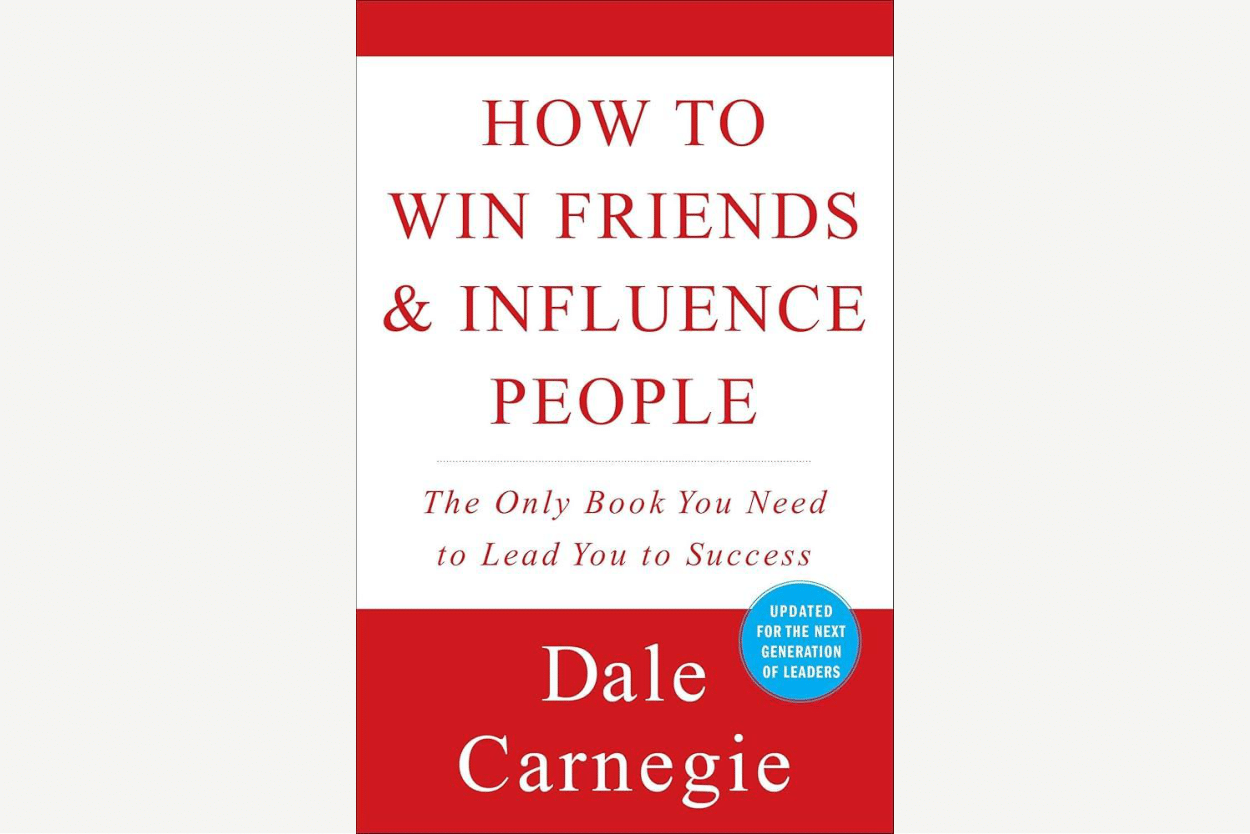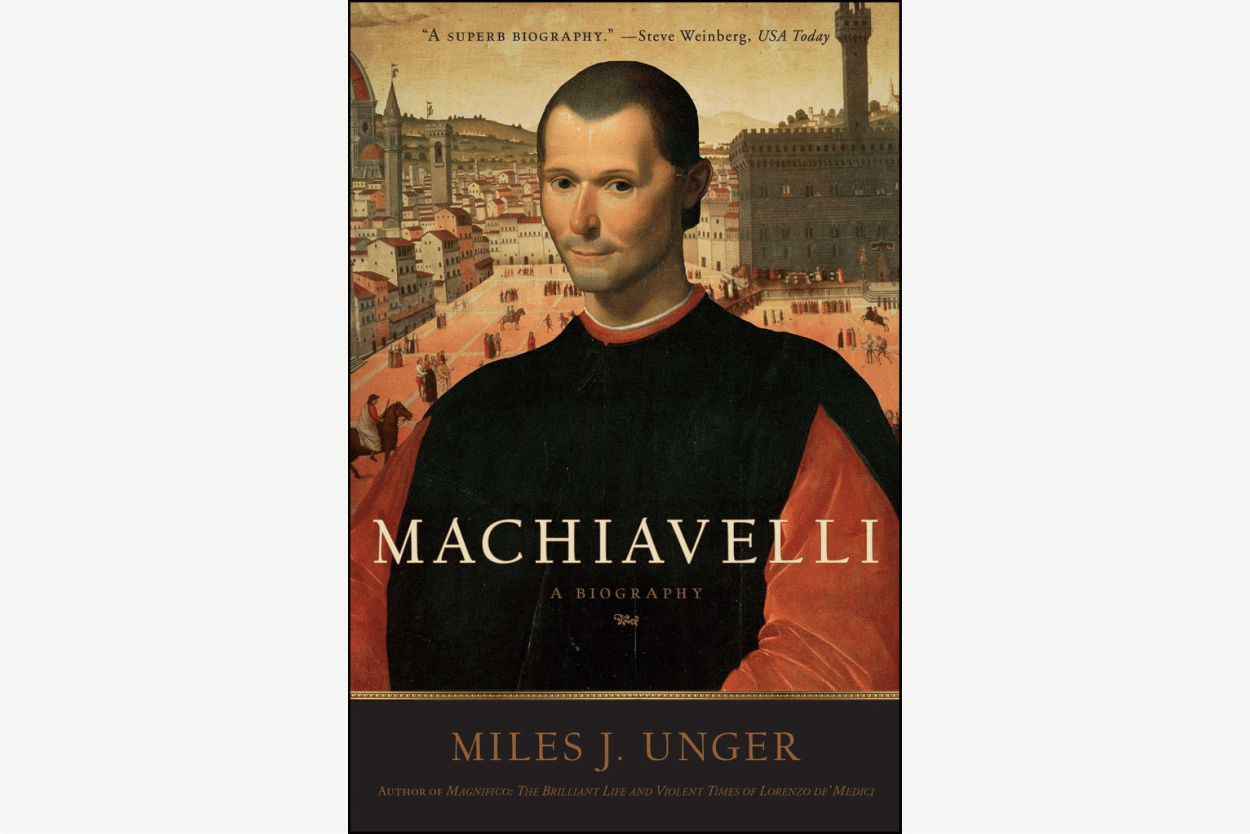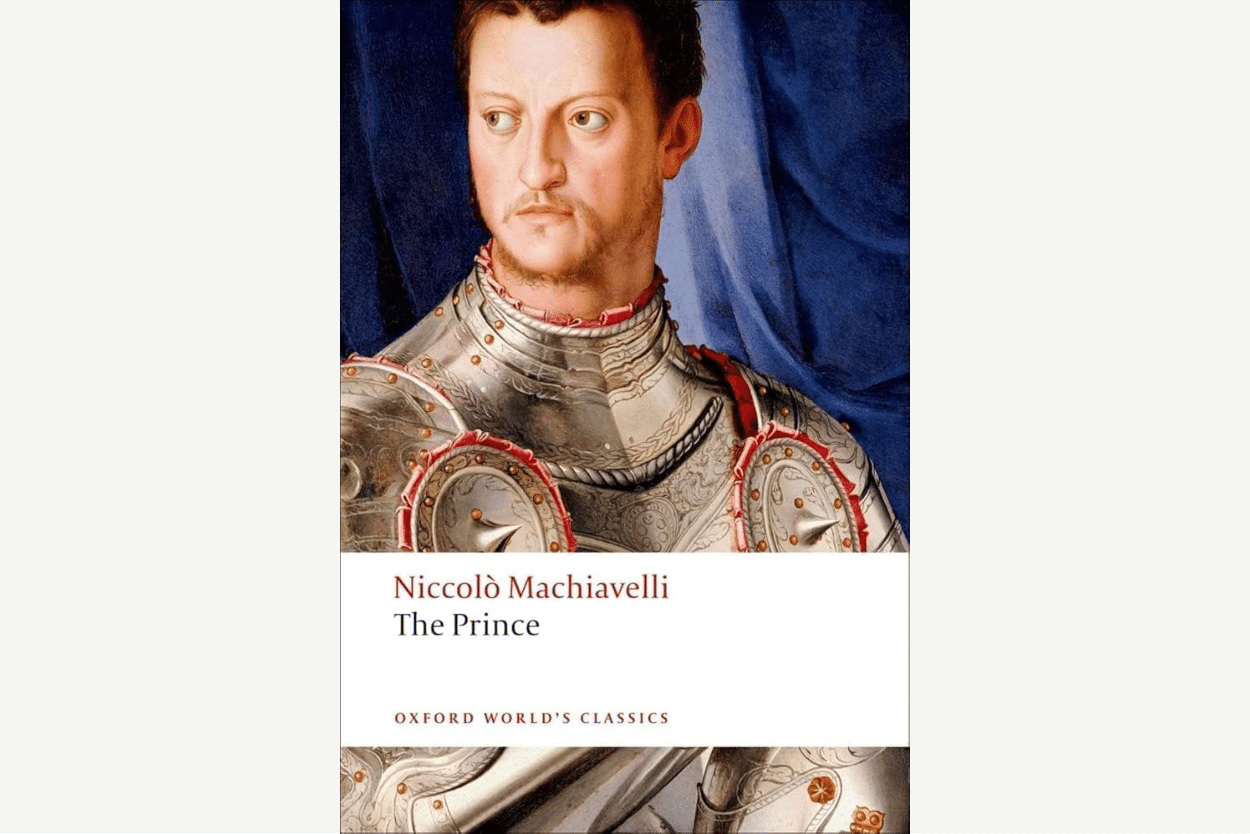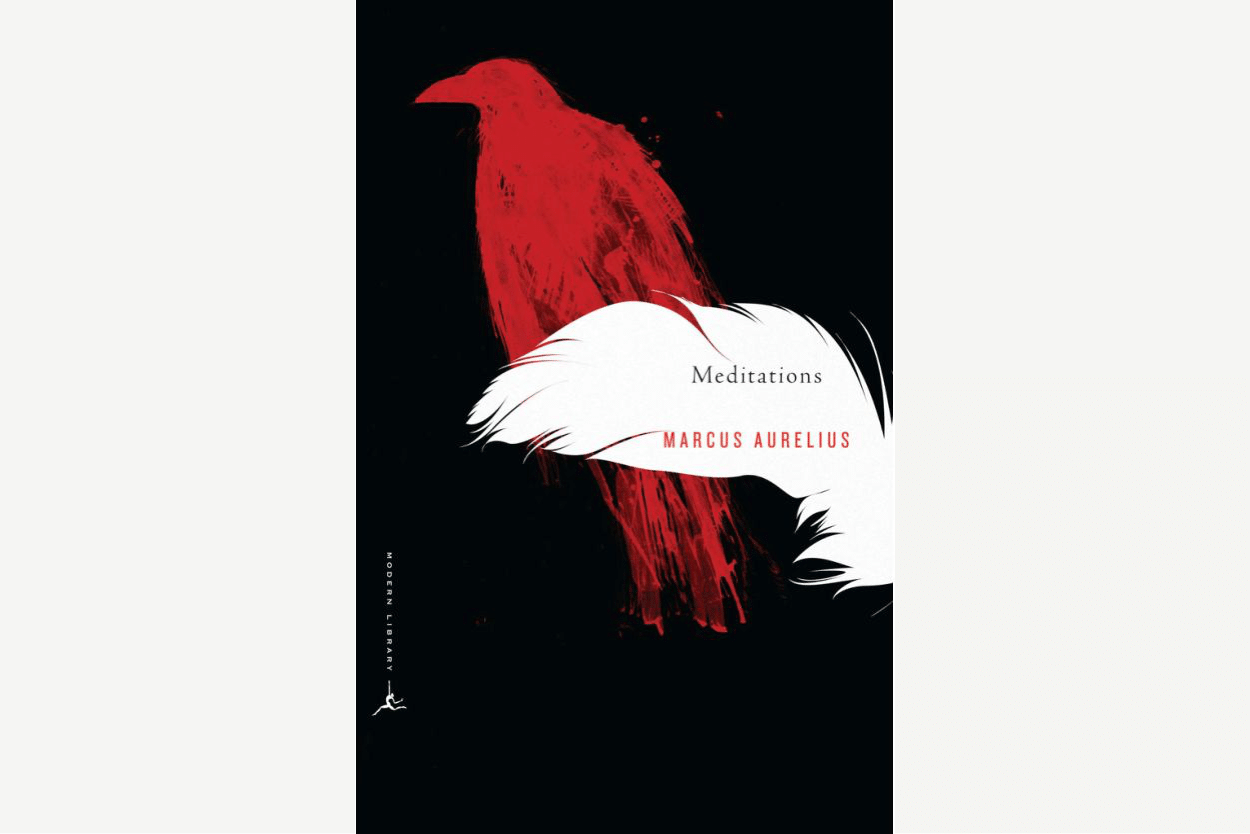Book Review: "How to Be an Adult"
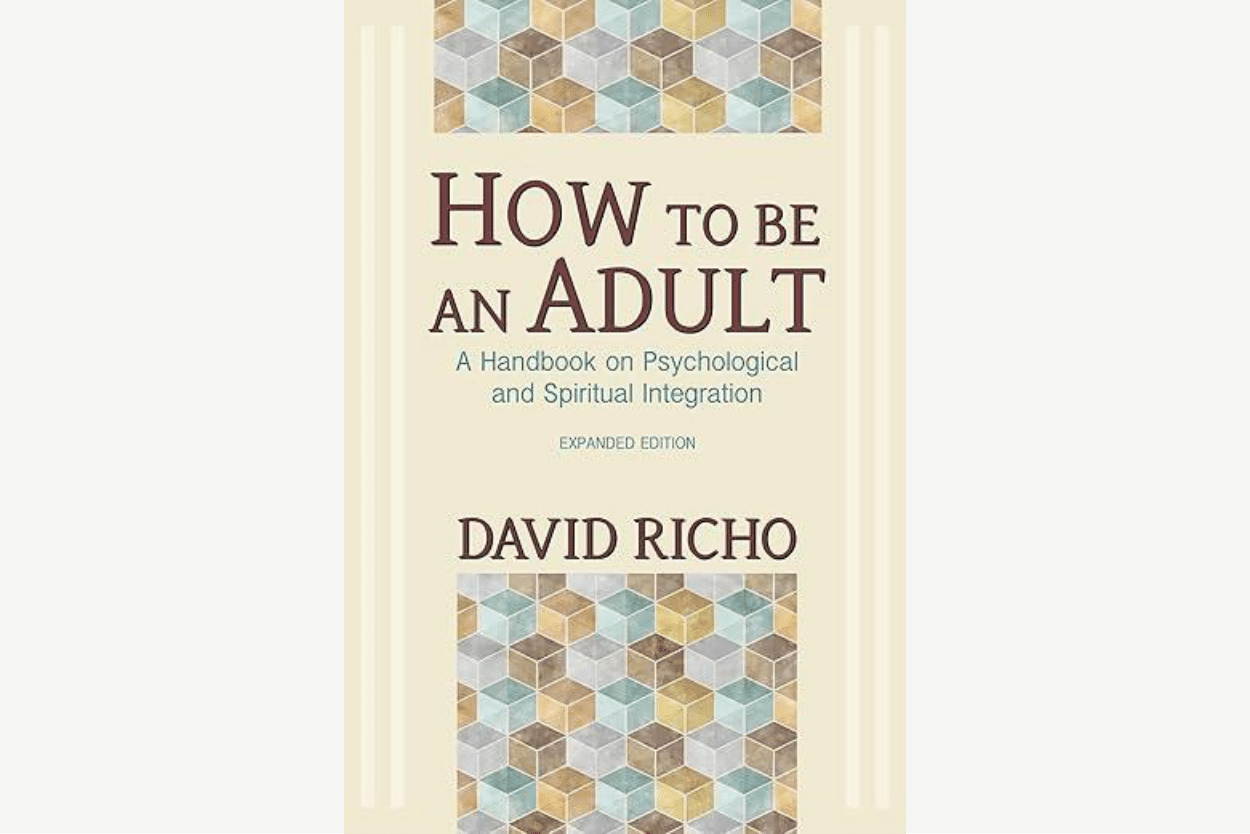
Author: David Richo
Published: 1991
Genre: Religion / Self-help
Page Count: 122
Personal Taste: ⭐ 5 / 5
Craft: 📐 8 / 10
Bandwidth: 🔵 4 / 10
✅ Recommended for: Experienced readers of spirituality and psychology; Intuitives; reflective-types.
❌ Skip if: You want concrete self-help tools; new to spirituality and psychology.
The Book
Context: How to Be an Adult by David Richo is a lean, dense, spiritual self-help book aimed at teaching emotional maturity for adults stuck in cycles of guilt, fear, or codependency. Richo's approach reflects a melding of Buddhist philosophy, mythical frameworks, and Jungian psychology. This, coupled with his then 15-year clinical experience (now 49 years), explains the book's uniqueness. The poetic and seemingly vague nature of his writing was intended for readers far into their self-discovery journey, speaking to the subconscious mind over the conscious one.
Contents: The book's three-part structure follows the "hero's journey" metaphor, which he outlines at the onset of the book:
- Departure: The hero leaves the ordinary world in response to a call to adventure (the decision to move past suffering, complacency, or illusion).
- Struggle: The hero faces trials, confronts enemies, and descends into darkness (the confrontation of our fears, anger, and guilt).
- Return: The hero returns to the ordinary world, changed (the transformation in our lives from integrating our Shadow and choosing to live differently).
With chapter summaries, charts, minor exercises, and list of affirmations, the book has a strong, cohesive, logical structure.
Multiple Truths: "Should I Read This?"
On one hand:
- The book is most accessible for those far into their spiritual and therapeutic self-discovery—an immediate observation at the onset of reading.
- Richo's prose tests the reader's holding memory; poetic syntax, winding sentences, and abstract vocabulary make it a read you acclimate to.
- The book's practical exercises are infrequent respective to the depths of Richo's insights, which may leave readers wanting more guidance.
On the other hand:
- Richo's alchemizing of Buddhist, mythical, and psychological ideas is coherent and compatible, spawning insights rarely encountered elsewhere.
- While limited to an audience farther along in their self-discovery, this book provides new considerations for those who feel their growth has slowed or plateaued.
- Like all poetry, Richo managed to capture abstract concepts into a digestible medium.
- Richo's voice is warm and affirming, yet clear-eyed—focused on self-healing and taking responsibility rather than assigning blame.
- The organization of the book is lean and structured, which lends itself to maintaining momentum.
Judgment
How to Be an Adult is beautifully written. While a short read, the book's density leaves readers with much to meditate on after each chapter. Rushing through this book would dilute its profoundness.
Spoke to my subconscious

